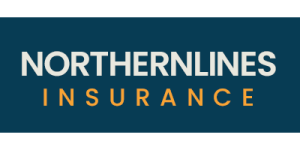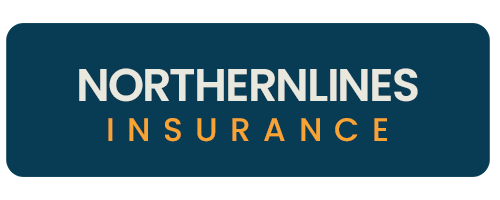
Compare Your Insurance
Quotes Online Instantly For
Free
BUSINESS INSURANCE
Overview
What's covered
Ways to save
FAQ
Overview
Overview of Business Insurance
Business insurance is an important part of risk management for businesses in the United States. It protects businesses against financial losses resulting from unexpected events, such as property damage, liability claims, and employee injuries.
There are several types of business insurance policies available in the US, including:
1. General liability insurance:
Protects businesses against third-party claims of property damage, bodily injury, and advertising injury.
2. Property insurance:
Protects businesses against damage or loss of their physical property, including buildings, equipment, and inventory.
3. Workers’ compensation insurance:
Provides benefits to employees who suffer work-related injuries or illnesses.
4. Professional liability insurance:
Protects businesses against claims of negligence, errors, or omissions in professional services provided to clients.
5. Commercial auto insurance:
Covers vehicles owned or used by a business for business purposes, such as deliveries or transportation of employees.
6. Cyber liability insurance:
Protects businesses against cyber threats such as data breaches and cyber attacks.
The cost of business insurance varies depending on several factors, such as the size of the business, the type of industry, and the level of coverage needed. It’s important for businesses to carefully evaluate their risks and work with an insurance agent or broker to find the right coverage at a price that fits their budget.
What's covered
What are covered in this Business Insurance?
The coverage provided by business insurance policies can vary depending on the type of policy and the insurance carrier. However, some common types of coverage that may be included in business insurance policies are:
1. Property damage:
Coverage for damage or loss of property, such as buildings, equipment, and inventory.
2. Bodily injury:
Coverage for bodily injury to third parties, such as customers or visitors, that occurs on your business premises or as a result of your business operations.
3. Product liability:
Coverage for damages or injuries caused by products sold or manufactured by your business.
4. Professional liability:
Coverage for damages or injuries resulting from errors or omissions in the professional services provided by your business, such as legal or medical advice.
5. Cyber liability:
Coverage for damages resulting from cyber threats, such as data breaches or cyber attacks.
6. Business interruption:
Coverage for lost income and expenses incurred as a result of a covered loss, such as property damage or theft, that temporarily shuts down your business.
7. Workers’ compensation:
Coverage for employees who suffer work-related injuries or illnesses.
It’s important to review the specific terms and conditions of your policy carefully to understand exactly what is covered and what is not covered by your business insurance.
Ways to save
What are the ways to save on Business Insurance?
There are several ways that businesses can save money on their insurance premiums without sacrificing coverage. Here are some strategies to consider:
1. Shop around:
Get quotes from several insurance carriers to compare prices and coverage options.
2. Bundle policies:
Consider purchasing multiple types of insurance from the same carrier, such as property and liability insurance, to qualify for package discounts.
3. Increase deductibles:
Raising the deductible on your policy can lower your premiums, but it’s important to make sure you can afford the higher out-of-pocket costs if you need to file a claim.
4. Implement risk management practices:
Take steps to minimize risks that can lead to claims, such as maintaining a safe work environment, implementing cybersecurity measures, and training employees on safety protocols.
5. Review your coverage regularly:
As your business grows and changes, your insurance needs may change as well. Regularly review your coverage with your insurance agent to make sure you have the right coverage at the right price.
6. Consider usage-based insurance:
If your business has a fleet of vehicles, consider usage- based insurance, which charges premiums based on actual usage rather than estimated usage. This can help reduce costs for businesses with low mileage usage.
By implementing these strategies, businesses can save money on insurance premiums while still protecting themselves from potential risks and liabilities.
FAQ
Here are some frequently asked questions about Business Insurance.:

